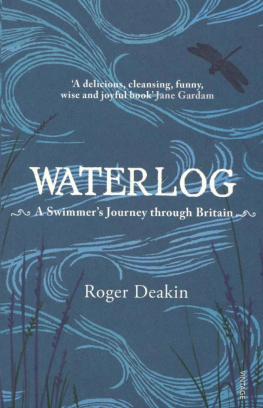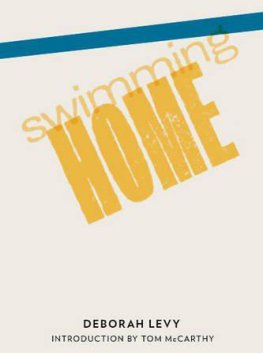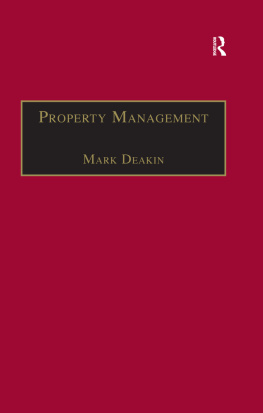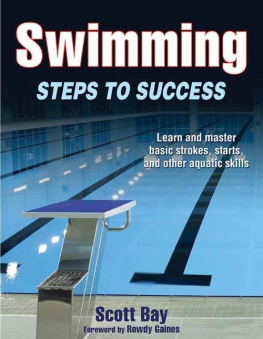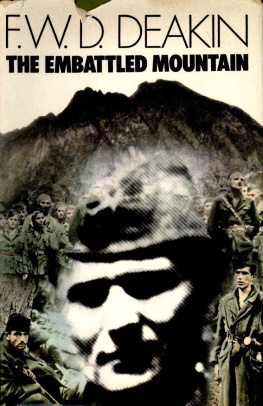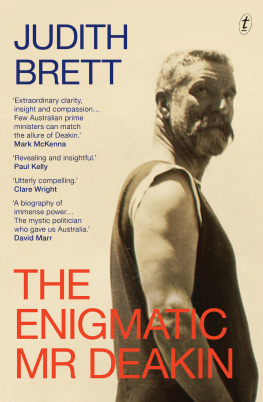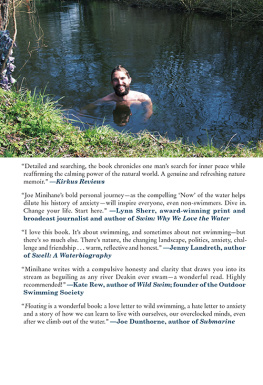Roger Deakin - Swimming
Here you can read online Roger Deakin - Swimming full text of the book (entire story) in english for free. Download pdf and epub, get meaning, cover and reviews about this ebook. year: 2017, publisher: Random House, genre: Art. Description of the work, (preface) as well as reviews are available. Best literature library LitArk.com created for fans of good reading and offers a wide selection of genres:
Romance novel
Science fiction
Adventure
Detective
Science
History
Home and family
Prose
Art
Politics
Computer
Non-fiction
Religion
Business
Children
Humor
Choose a favorite category and find really read worthwhile books. Enjoy immersion in the world of imagination, feel the emotions of the characters or learn something new for yourself, make an fascinating discovery.
- Book:Swimming
- Author:
- Publisher:Random House
- Genre:
- Year:2017
- Rating:3 / 5
- Favourites:Add to favourites
- Your mark:
- 60
- 1
- 2
- 3
- 4
- 5
Swimming: summary, description and annotation
We offer to read an annotation, description, summary or preface (depends on what the author of the book "Swimming" wrote himself). If you haven't found the necessary information about the book — write in the comments, we will try to find it.
Swimming — read online for free the complete book (whole text) full work
Below is the text of the book, divided by pages. System saving the place of the last page read, allows you to conveniently read the book "Swimming" online for free, without having to search again every time where you left off. Put a bookmark, and you can go to the page where you finished reading at any time.
Font size:
Interval:
Bookmark:




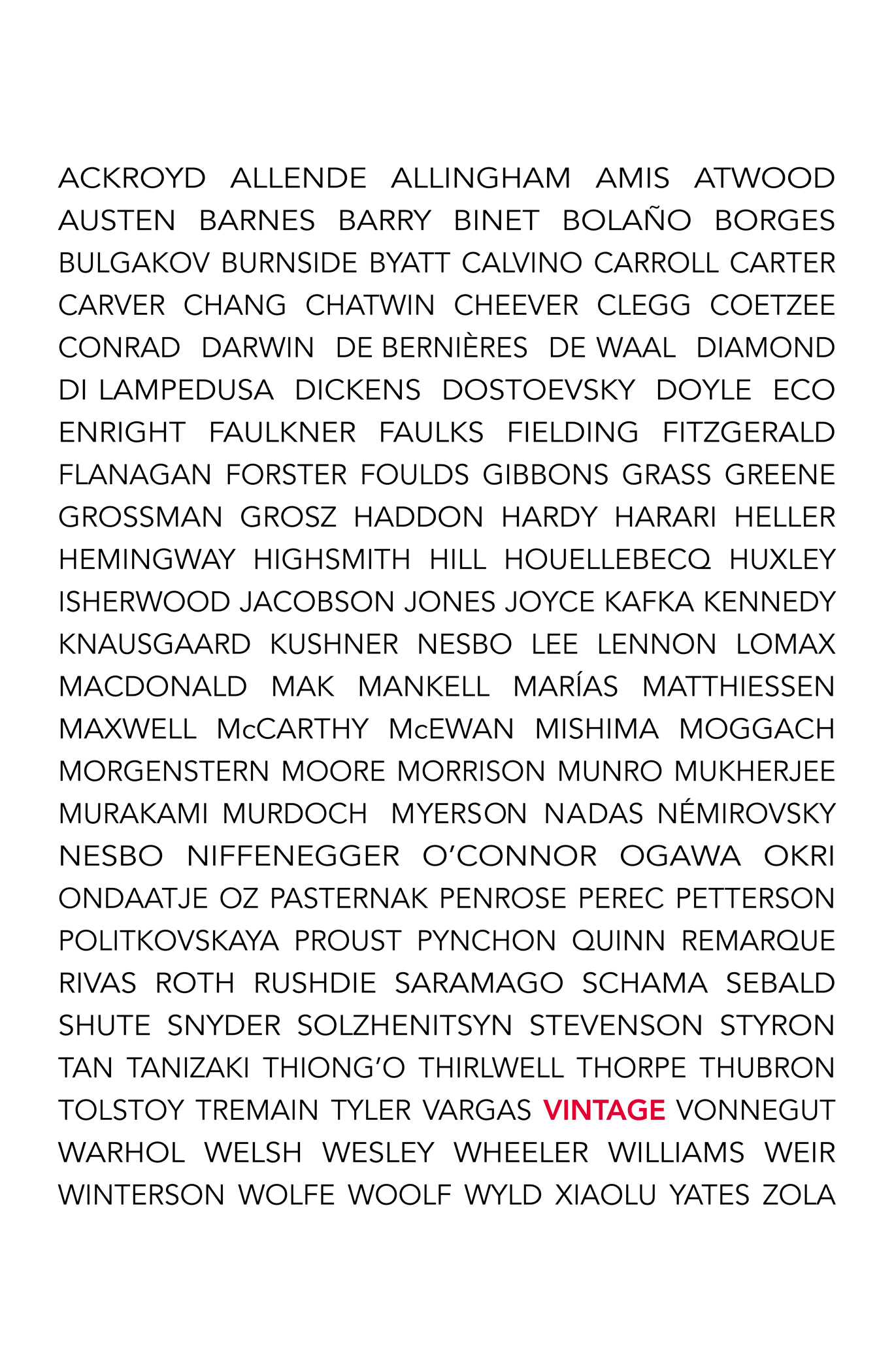

This ebook is copyright material and must not be copied, reproduced, transferred, distributed, leased, licensed or publicly performed or used in any way except as specifically permitted in writing by the publishers, as allowed under the terms and conditions under which it was purchased or as strictly permitted by applicable copyright law. Any unauthorized distribution or use of this text may be a direct infringement of the authors and publishers rights and those responsible may be liable in law accordingly.
Epub ISBN: 9781473548602
Version 1.0
1 3 5 7 9 10 8 6 4 2
VINTAGE
20 Vauxhall Bridge Road,
London SW1V 2SA
Vintage is part of the Penguin Random House group of companies whose addresses can be found at global.penguinrandomhouse.com.

Extracts from Waterlog copyright Roger Deakin 1999
Roger Deakin has asserted his right to be identified as the author of this Work in accordance with the Copyright, Designs and Patents Act 1988
First published in Great Britain by Chatto & Windus in 1999
This short edition published by Vintage in 2017
D.H. Lawrence, The Third Thing by permission of Laurence Pollinger Ltd and the Estate of Frieda Lawrence Ravagli; extract from Ted Hughess address at the memorial service for Henry Williamson by kind permission of the Estate of Ted Hughes.
penguin.co.uk/vintage
A CIP catalogue record for this book is available from the British Library
THE WARM RAIN tumbled from the gutter in one of those midsummer downpours as I hastened across the lawn behind my house in Suffolk and took shelter in the moat. Breaststroking up and down the thirty yards of clear, green water, I nosed along, eyes just at water level. The frogs-eye view of rain on the moat was magnificent. Rain calms water, it freshens it, sinks all the floating pollen, dead bumblebees and other flotsam. Each raindrop exploded in a momentary, bouncing fountain that turned into a bubble and burst. The best moments were when the storm intensified, drowning birdsong, and a haze rose off the water as though the moat itself were rising to meet the lowering sky. Then the rain eased and the reflected heavens were full of tiny dancers: water sprites springing up on tiptoe like bright pins over the surface. It was raining water sprites.
It was at the height of this drenching in the summer of 1996 that the notion of a long swim through Britain began to form itself. I wanted to follow the rain on its meanderings about our land to rejoin the sea, to break out of the frustration of a lifetime doing lengths, of endlessly turning back on myself like a tiger pacing its cage. I began to dream of secret swimming holes and a journey of discovery through what William Morris, in the title to one of his romances, called The Water of the Wondrous Isles. My inspiration was John Cheevers classic short story The Swimmer, in which the hero, Ned Merrill, decides to swim the eight miles home from a party on Long Island via a series of his neighbours swimming pools. One sentence in the story stood out and worked on my imagination: He seemed to see, with a cartographers eye, that string of swimming pools, that quasi-subterranean stream that curved across the county.
I was living by myself, feeling sad at the end of a long love, and, as a freelance film-maker and writer, more or less free to commit myself to a journey if I wanted to. My son, Rufus, was also on an adventure Down Under, working in restaurants and surfing in Byron Bay, and I missed him. At least I could join him in spirit in the water. Like the endless cycle of the rain, I would begin and end the journey in my moat, setting out in spring and swimming through the year. I would keep a log of impressions and events as I went.
My earliest memory of serious swimming is of being woken very early on holiday mornings with my grandparents in Kenilworth by a sudden rain of pebbles at my bedroom window aimed by my Uncle Laddie, who was a local swimming champion and had his own key to the outdoor pool. My cousins and I were reared on mythic tales of his exploits in races, on high boards, or swimming far out to sea so it felt an honour to swim with him. Long before the lifeguards arrived, we would unlock the wooden gate and set the straight, black, refracted lines on the bottom of the green pool snaking and shimmying. It was usually icy, but the magic of being first in is what I remember. We had the place to ourselves, we would say with satisfaction afterwards over breakfast. Our communion with the water was all the more delightful for being free of charge. It was my first taste of unofficial swimming.
Years later, driven mad by the heat one sultry summer night, a party of us clambered over the low fence of the old open-air pool at Diss in Norfolk. We joined other silent, informal swimmers who had somehow stolen in, hurdling the dormant turnstiles, and now loomed past us in the water only to disappear again into the darkness like characters from Under Milk Wood. Such indelible swims are like dreams, and have the same profound effect on the mind and spirit. In the night sea at Walberswick I have seen bodies fiery with phosphorescent plankton striking through the neon waves like dragons.
The more I thought about it, the more obsessed I became with the idea of a swimming journey. I started to dream ever more exclusively of water. Swimming and dreaming were becoming indistinguishable. I grew convinced that following water, flowing with it, would be a way of getting under the skin of things, of learning something new. I might learn about myself, too. In water, all possibilities seemed infinitely extended. Free of the tyranny of gravity and the weight of the atmosphere, I found myself in the wide-eyed condition described by the Australian poet Les Murray when he said: I am only interested in everything. The enterprise began to feel like some medieval quest. When Merlin turns the future King Arthur into a fish as part of his education in The Sword in the Stone, T. H. White says, He could do what men always wanted to do, that is, fly. There is practically no difference between flying in the water and flying in the air It was like the dreams people have.
When you swim, you feel your body for what it mostly is water and it begins to move with the water around it. No wonder we feel such sympathy for beached whales; we are beached at birth ourselves. To swim is to experience how it was before you were born. Once in the water, you are immersed in an intensely private world as you were in the womb. These amniotic waters are both utterly safe and yet terrifying, for at birth anything could go wrong, and you are assailed by all kinds of unknown forces over which you have no control. This may account for the anxieties every swimmer experiences from time to time in deep water. A swallow dive off the high board into the void is an image that brings together all the contradictions of birth. The swimmer experiences the terror and the bliss of being born.
Font size:
Interval:
Bookmark:
Similar books «Swimming»
Look at similar books to Swimming. We have selected literature similar in name and meaning in the hope of providing readers with more options to find new, interesting, not yet read works.
Discussion, reviews of the book Swimming and just readers' own opinions. Leave your comments, write what you think about the work, its meaning or the main characters. Specify what exactly you liked and what you didn't like, and why you think so.


